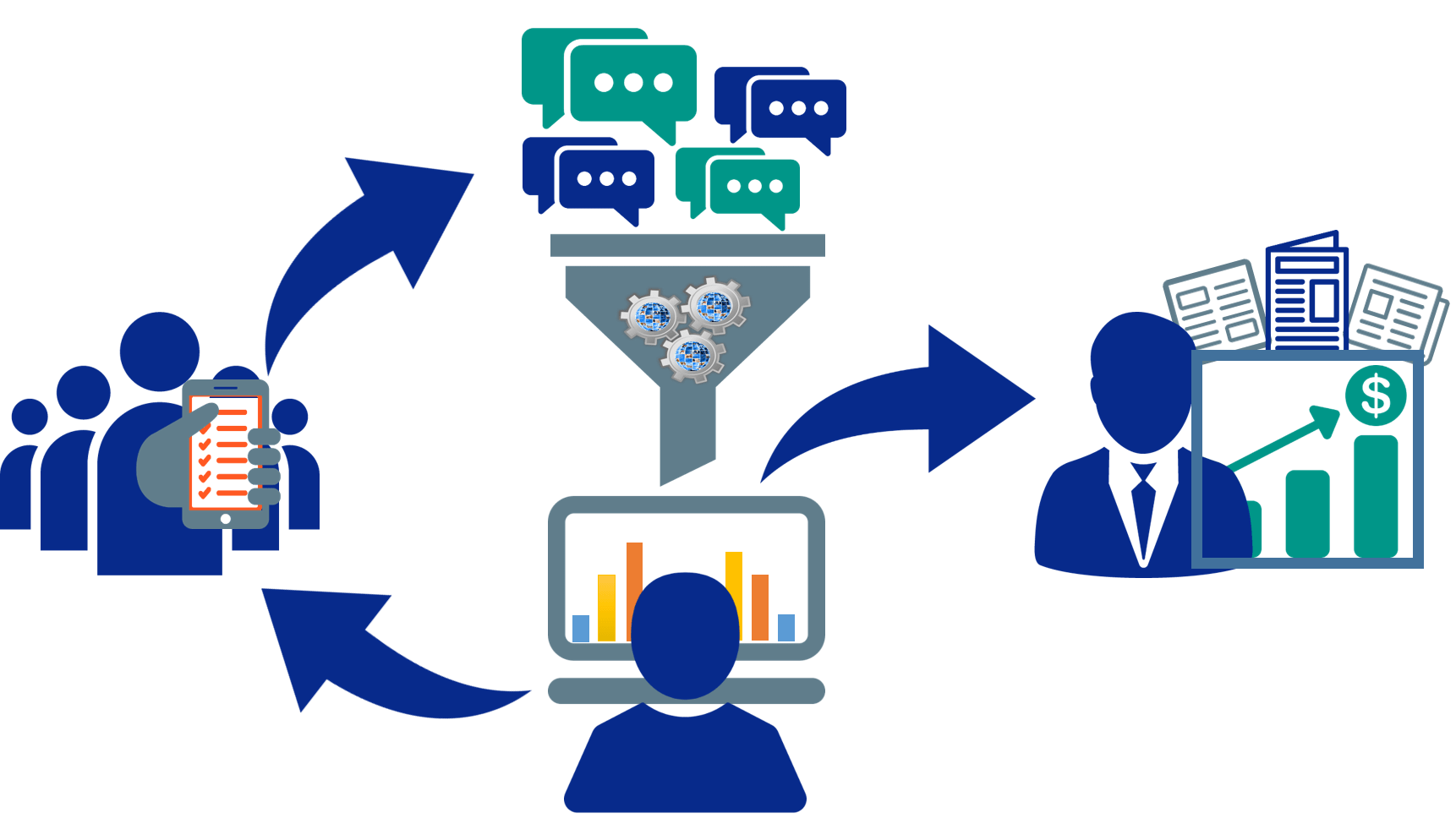
DATA COLLECTION
Data Collection is the way toward social affair and measuring data on focused factors in a built up precise mold, which at that point empowers one to answer important inquiries and assess results. Data Collection is a part of research in all fields of study including physical and sociologies, humanities, and business.
Data collection and survey is the field of applied statistics of human research studies, study strategy ponders the examining of individual units from a population and the related overview information gathering strategies, for example, questionnaire design and techniques for enhancing the number and preciseness of reactions to studies. Study strategy incorporates instruments or methods that pose or more inquiries that may, or may not, be replied. Importance of data collection lies in the fact that it gives answer to many real world problems. Collection of data with modern techniques of statistics make it to analyze complex real world scenarios
Statistical surveys are attempted with a view towards making factual derivations about the populace being examined, and this depends firmly on the study questions utilized. Surveys about popular conclusion, general wellbeing overviews, statistical surveying studies, government studies and censuses are altogether cases of quantitative research that utilization contemporary review strategy to answer inquiries regarding a populace. In spite of the fact that censuses do exclude an “example,” they do incorporate different parts of overview approach, similar to surveys, questioners, and nonresponse follow-up procedures. Studies give critical data to a wide range of open data and research fields, e.g., advertising research, brain research, wellbeing experts and human science.
Different types of data collection method can be used that change how respondents reply, and diverse techniques have diverse points of interest. The most well-known methods of organization can be condensed as:
advantages and disadvantages of survey method of data collection depends on selection of type of methodology acquired to for fulfilling research objective. Research methodology and survey data collection process is illustrated in following steps.
Many survey collection and analysis software packages are making it a lot easier to collect and analyze data remotely and efficiently on real time. Modern software packages include MS Excel, SPSS, Tableau, Orange, Stata, Statistica etc.
World countries are using survey based data collection and analysis extensively to determine and perceive future trend of society. These massive data collection examples prominently include General Social Survey of USA.
The General Social Survey (GSS) is a sociological overview made and frequently gathered since 1972 by the exploration organization NORC at the University of Chicago. It is subsidized by the National Science Foundation. The GSS gathers data and keep a chronicled record of the worries, encounters, dispositions, and practices of inhabitants of the United States.
The information gathered about this overview incorporates both statistic data and respondents’ feelings on wide range of issue. General Social Survey (GSS) questionnaire contains many variables according to gss code book 2014 and social survey mortgage. General Social Survey Data helps policy makers plan and take decision in accordance with general public opinion.